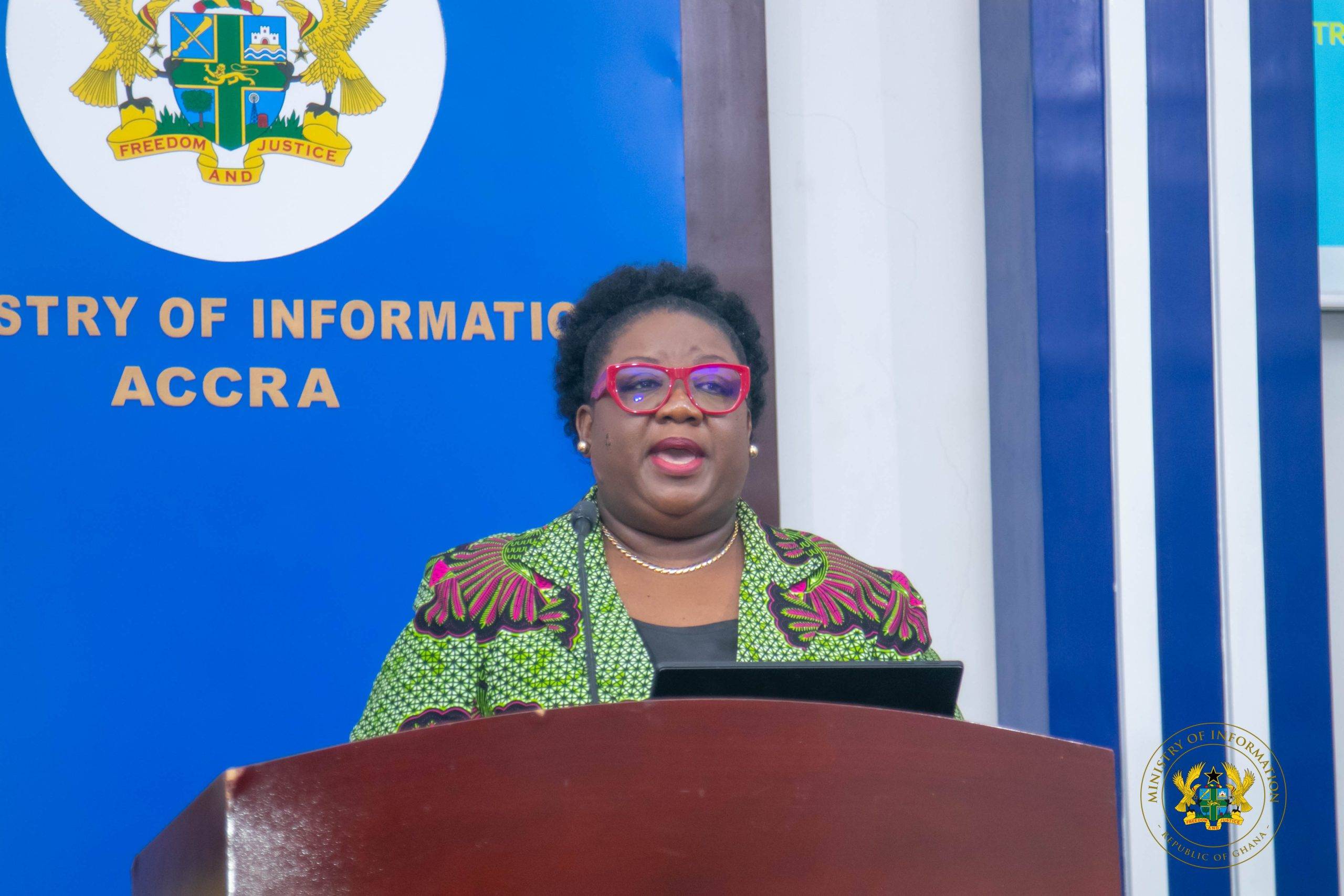Women still have limited access to healthcare in Ghana especially in the rural areas where there are few hospitals and clinics. However, there are challenges to this and even though the government has been trying to increase the health CARE delivery through the National Health Insurance Scheme (NHIS), the issue of inequality has remained rife. Despite the progress that has been made there are still challenges like long distance to the next health facility, lack of means of transport, and restrictive access to basic drugs and services.
To remedy all these problems, the CHWs are very essential because they are responsible for offering the basic healthcare needs and sensitization on diseases to the majorities in the society. Mobile clinics and telemedicine are also some of the developing solutions that allow the specialists to come (close) to clients and offer help.
Malaria Prevention
Malaria remains a public health challenge in Ghana with serious impact on health and economic wellbeing of the people. Efforts to control the transmission of malaria it the country have included use of insecticide treated bed nets, indoor residual spraying, aversion campaigns throughout the countryside and others.
The recent campaigns are mostly oriented around the enhancement of the awareness of the symptoms as well as the need for the immediate treatment. Also, in preparation and management of preparedness and enhanced response Ghana Health Service has partnered international organizations for effective mechanism of surveillance and collection of data. However, modern challenges like drug resistance and positions of climate also render long-term impediments to the control of malaria.
Climate Change and Health
Climate change has become an emerging issue of concern in Ghana especially in relation to food insecurity, unsafe water supply and increased incidence of disease outbreaks. With increasing temperatures and fluctuating rainfall patterns, increased morbidity of diseases especially among the persons most susceptible to these effects. For example, floods and drought to an extent cause malnutrition because agricultural output is affected.
Furthermore, it is a fact that climate change has impacts on those disease transmission such as malaria and cholera. Seasonal variations bring new categories of malaria-carrying mosquitoes in previously unaffected regions of the world. Such effects must continue to be addressed through attempts on building defence mechanisms such as integrating climate change factors in to health systems and policies and encouragement towards environmentally friendly farming.
Conclusion
As for such issues as healthcare accessibility, malaria prevention, and the impacts of climate change on health, a complex intervention plan is needed. Indeed, partnership between the government, NGOs, and the community is crucial to develop and expand the health structures, use and adopt effective measures in malaria control, and to address the adverse effects of climate change on the people’s health. In focusing on a few of these areas, Ghana could aim for a concerned future of health for its entire people.



No comments yet
Be the first to share your thoughts!